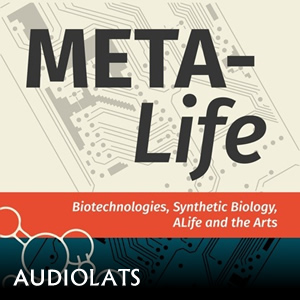
Conocimientos
Bio
Dominique Lestel ha venido desarrollando desde hace varios años como “etología filosófica” que explora cómo el humano está constituida a través de su vida compartida con el otro de (animales, plantas, hongos, artefactos y fantasmas cuasi-autónomas) humanos. En esta perspectiva estudia las dimensiones metafísicas, epistemológicas, éticas, epistemológicas, estéticas, ecológica y política viva frente a la convergencia de las tecnologías NBTIC (nanotecnología, biotecnología, tecnología de la información y la cognición). Metodológicamente, trata de practicar una “campo de la filosofía” que lleva al filósofo a un compromiso con el mundo (y él Amazonas dirigido un programa de investigación vida compartida con el animal en Teko amerindios (tupí guaraní) con su colega italiano Egle Barone) – and porosities between philosophical practice and artistic practices of particular interest to him. He also tried to introduce in France the important thinkers who are still there partially or completely unknown as the Norwegian Arne Naess, American Paul Shepard, or the Australian Val Plumwood. Very conscious of the international dimension of contemporary thought, he has held positions in research or teaching in many foreign universities (University of California, MIT, Boston University, School of the Institute of Art of Chicago, University of Montreal , Macquarie University (Sydney), Keio University, Tokyo University, etc.). Before joining the Department of Philosophy, he introduced the teaching of cognitive science at the ENS with the physicist Jean-Pierre Nadal and logician Giuseppe Longo in the 90s and was a founding member of the Department D ‘Cognitive Studies. For several years, until 2013, he was responsible for the team of Eco-ethology and cognitive ethology of the National Museum of Natural History.
 English
English العربية
العربية বাংলা
বাংলা Français
Français Deutsch
Deutsch Bahasa Indonesia
Bahasa Indonesia 日本語
日本語 한국어
한국어 Português
Português Español
Español